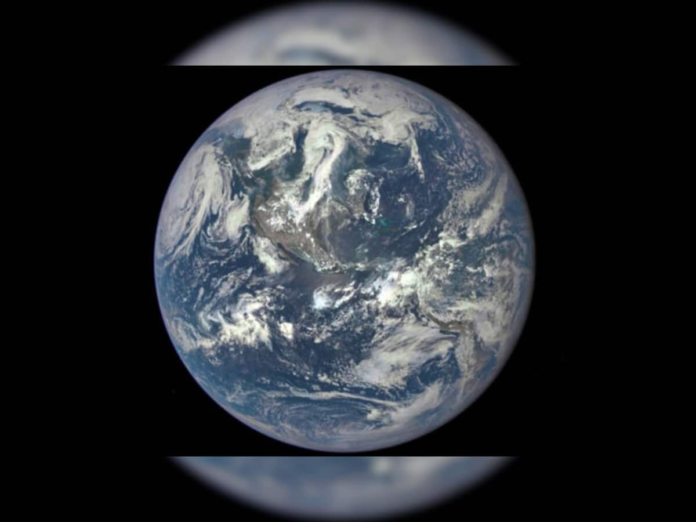Earth is rotating faster than usual this summer, and scientists say this unusual acceleration will make July 9, 2025, the shortest day ever recorded in human history. According to recent studies, the day is expected to be shorter by approximately 1.3 to 1.6 milliseconds compared to the standard 24-hour cycle. Experts believe this rare phenomenon is linked to the gravitational influence of the moon, which is currently in a position that’s subtly altering Earth’s spin. The moon, along with other natural factors such as seasonal variations, seismic activity, and even melting glaciers, can influence the planet’s rotation speed. These changes, though extremely minute, are detectable through advanced atomic clocks and space-based monitoring systems.
This is not the first time Earth’s rotation has sped up. According to the International Earth Rotation and Reference Systems Service (IERS), this will be the sixth instance since 2020 where Earth’s rotation has quickened in a noticeable way.
More shorter days expected in future
More unusually short days are expected soon, with July 22 and August 5 also predicted to be slightly shorter than usual. As Earth continues to spin faster, scientists may need to make adjustments to global timekeeping systems in the near future.
To maintain the accuracy of our clocks, a rare correction known as a “negative leap second” might be introduced. This means one second will be removed from the world clock to match Earth’s faster rotation. According to a report by The New York Times, this adjustment is likely to happen for the first time in 2029.
Duncan Agnew, a geophysicist at the University of California, San Diego, explained that although the change isn’t harmful, it’s scientifically significant. He described the situation as highly unusual and noted that such an adjustment highlights just how finely tuned global timekeeping needs to be.


